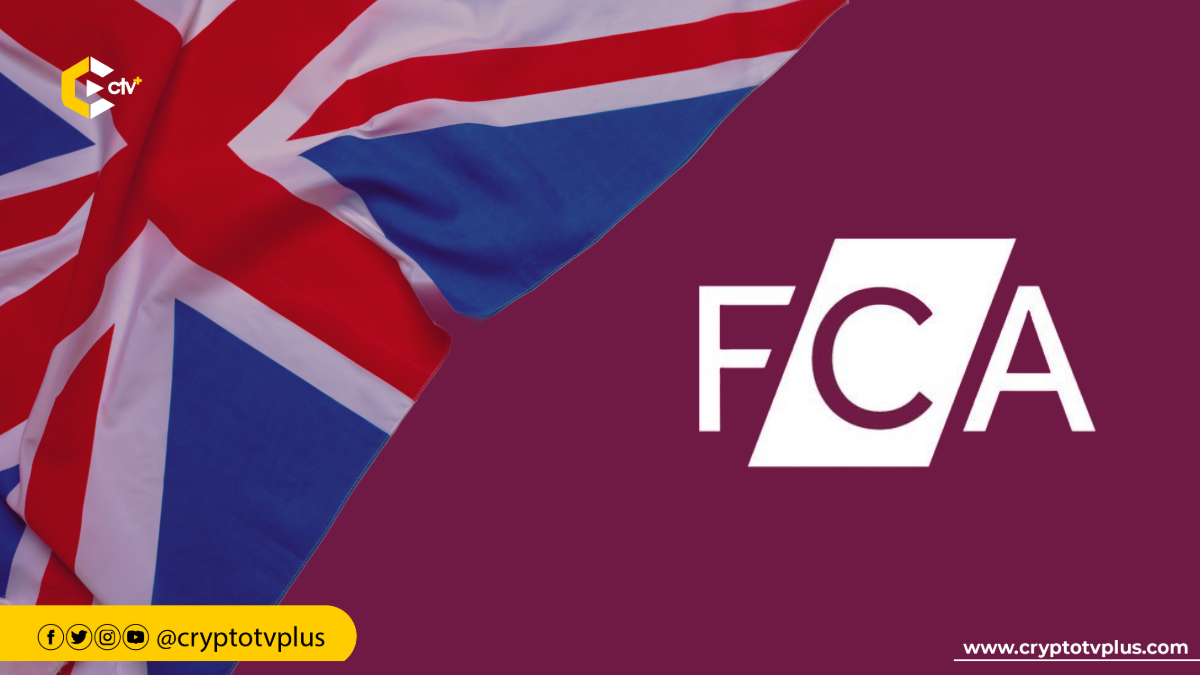News
UK crypto sector struggles as FCA approves 4 of 35 applications

The UK’s Financial Conduct Authority (FCA) recently announced that more than 87% of cryptocurrency registration applications were rejected in its latest review. The report showed that the crypto industry players are not yet fit to meet the country’s strict anti-money laundering (AML) rules.
During the fiscal year ending on March 31, 2024, the FCA reviewed 35 applications from crypto companies looking for approval under the UK’s AML guidelines, but only four were approved.
Among the approved firms are BNXA, a payment partner for Binance, a unit of PayPal UK, and Komainu, a crypto custody venture involving Nomura. Most other applicants either withdrew their applications, were rejected, or didn’t submit complete forms, preventing the FCA from fully reviewing them.
In October 2023, firms like Bybit, PayPal, and Luno halted part or all of their services in the UK in response to regulatory reviews. Since the FCA took over regulating the UK’s crypto sector in January 2020, it has received 359 registration applications, but only 47 firms have been approved.
“We are doing more to ensure consumers have the information they need to make the right choices for them, such as bringing charges against social media influencers who disseminate unauthorized financial promotions and stopping over 10,000 potentially misleading adverts,” Nikhil Rathi, its Chief Executive Officer said.
While noting that it’s working with the government to review the provision of financial advice so that consumers get the help they want, he said that the FCA “canceled the authorization of 1,261 firms in 2023/24, and charged 21 individuals with financial crime offenses”.
This high rejection rate shows the tough challenges crypto companies face in dealing with UK regulations. As a result, many firms are considering seeking approval in other regions while still serving UK customers from abroad.
Additionally, the long registration process has frustrated some companies, leading them to leave the UK in search of better regulatory conditions.
At the start of April, the Bank of England and the FCA introduced a digital securities sandbox. This project sought to enable the testing of distributed ledger technology (DLT) for digital securities like shares and bonds, investigating its capabilities for trading and settlement processes.

























Pingback: Japan’s largest banks to test new stablecoin management platform | CryptoTvplus - The Leading Blockchain Media Firm